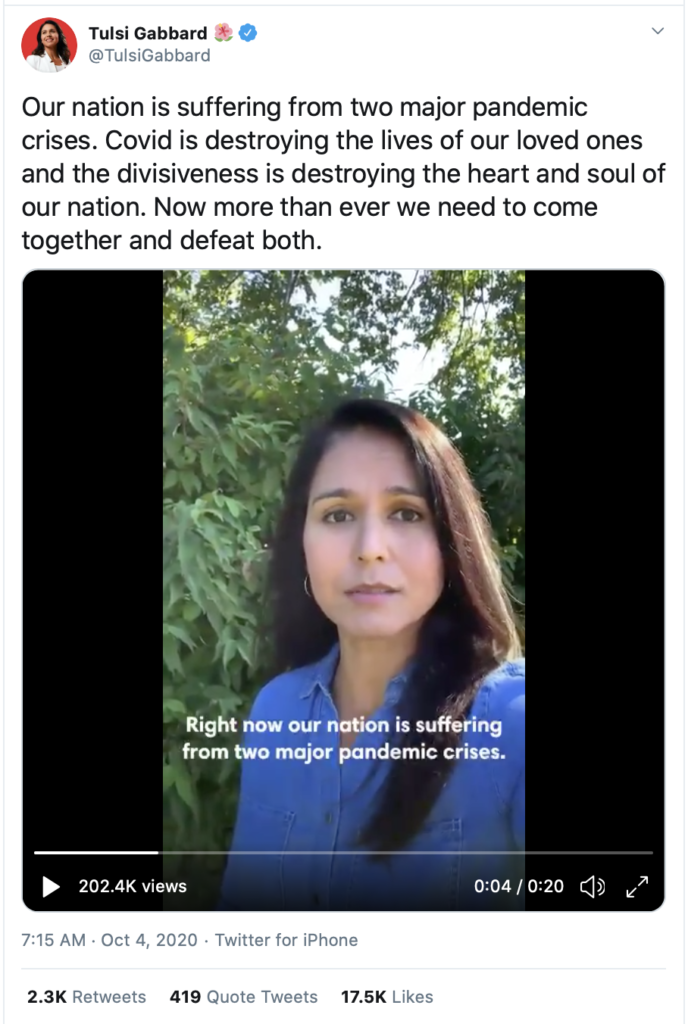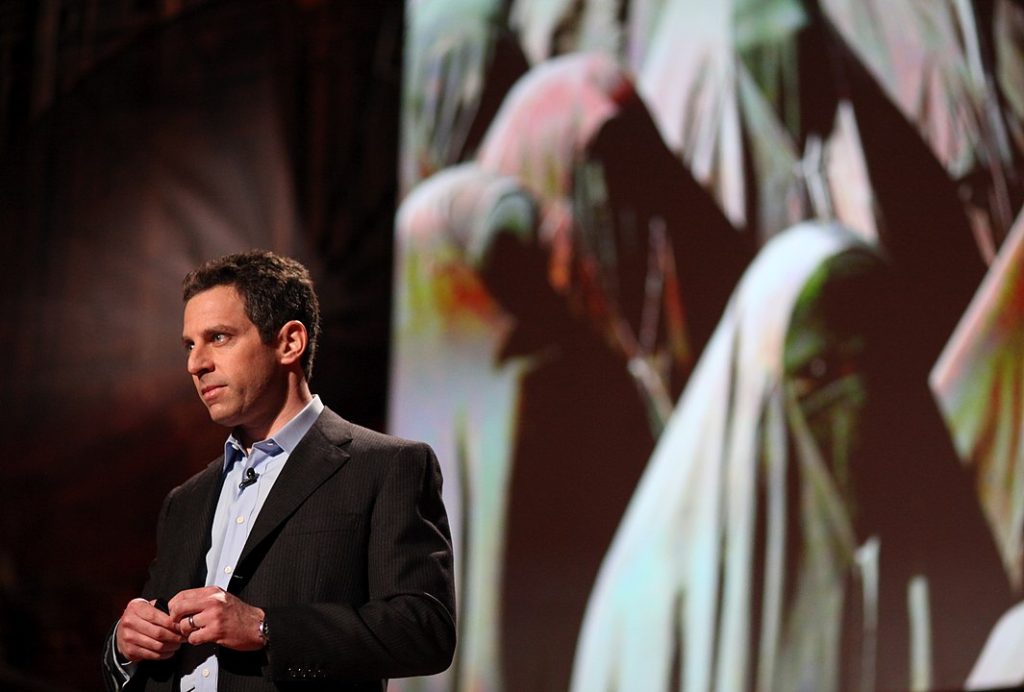Alternatives to “Likes” on Social Media
Most social media platforms invite users to reply "Like" a Tweet, Post or Photo. It might be fun, for instance, when a dozen people "Liked" a photo of my salad. As argued, in "The Social Dilemma," however, piles of like can serve to steer people into tribes. This can happen when people post conclusions rather than thoughtful discussions. It can happen when people make ad hominem attacks on their least favorite politicians and simplistic cartoons of complex social issues, such as immigration.
What is social media for? That's a good question and it might evoke ten different answers from ten people. Is it for cat videos and photos of one's children or is it appropriately used for discussing critically important social issues? The suggestion that I'm about to make is for those of us who see social media as an opportunity to engage in serious conversations about important issues of the day with others in our network. Those not interested in serious discussions are invited to continue sharing cat photos.
I would suggest that in addition to the "Like" option, we add a few other options, including the following:
- Your post merely parrots a talking point of one of the two political parties.
- You are making an ad hominem attack on a person, not providing me with useful information.
- You are engaged in a [cognitive bias] [logical fallacy].
- Your post caused me to think about a topic in a new way.
- Your post made me less certain of an opinion that I had.
- Your post made me realize that this topic is more complex than I realized.
- Your post states the facts fairly, but I still disagree with you.
- You provided me with new intriguing information that I appreciate.
- Your post made me angry, but I am glad you read it.
- Your post irritates me, I disagree with you, but I value you as a friend.
I'm sure there are others that should be considered. The main question is whether we are satisfied hoot panting for each other to display tribal loyalties or whether we want to be challenged to understand out world better . . .


